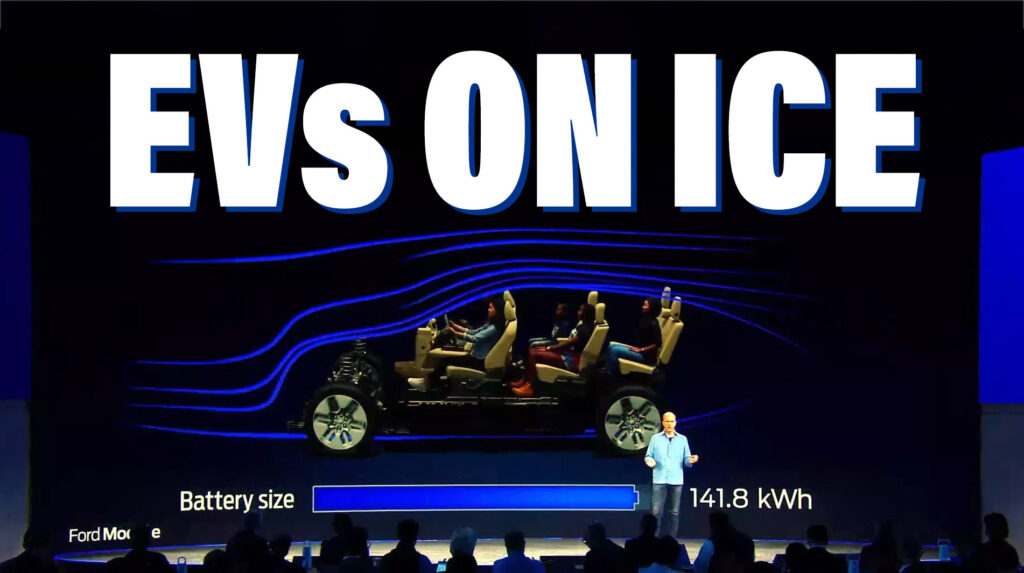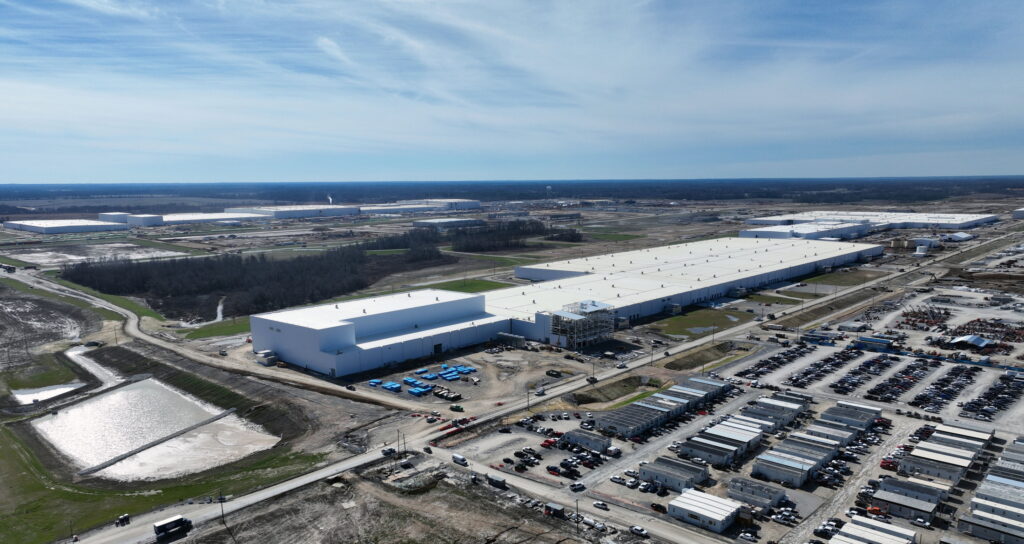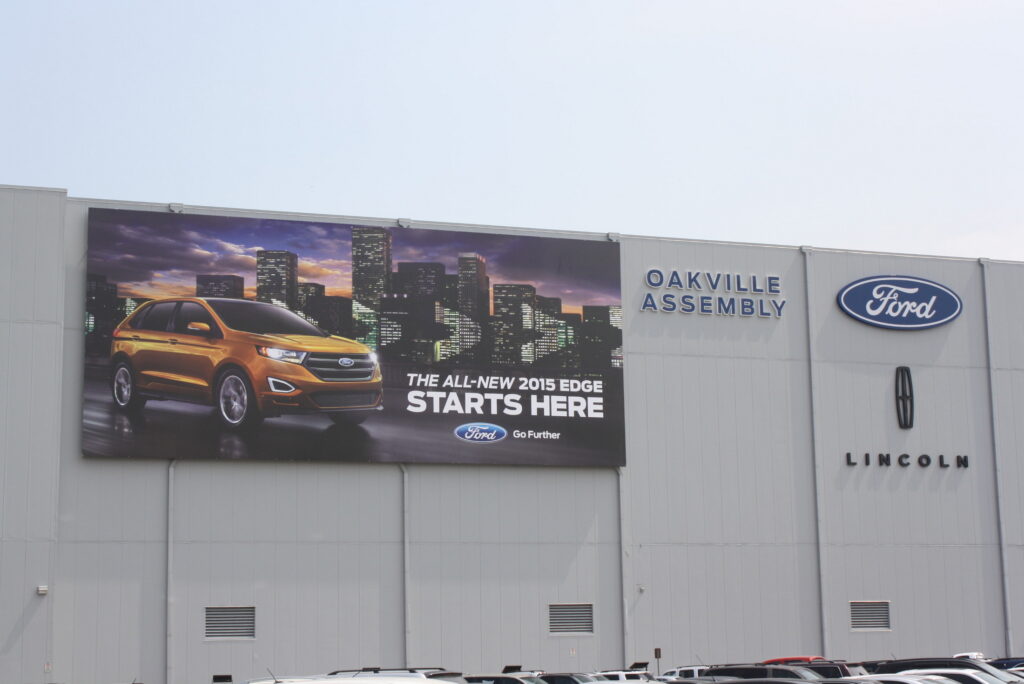Ford’s next-gen electric pickup will now come out in 2026, and its three-row EV will arrive in 2027

- Ford has postponed the launch of its next-gen electric pickup truck (originally planned for 2025) to 2026, and a three-row electric SUV (from 2025) to 2027.
- The automaker says it is prioritizing offering hybrid versions for all internal combustion engine vehicles in its lineup.
- CEO Jim Farley emphasized using capital wisely and bringing vehicles to market at the right time for profitability.
Ford is adjusting its electrification strategy and has announced today that it will postpone the release of two fully-electric vehicles. Instead, the company is focusing on introducing a hybrid version for every internal combustion vehicle in its lineup.
“As the No. 2 EV brand in the U.S. for the past two years, we are committed to scaling a profitable EV business, using capital wisely and bringing to market the right gas, hybrid and fully electric vehicles at the right time,” said CEO Jim Farley. “Our breakthrough, next-generation EVs will be new from the ground up and fully software enabled, with ever-improving digital experiences and a multitude of potential services.”
Read: Ford’s Next Electric F-150 Might Ditch Lightning Name, Get Platform Shakeup
The Blue Oval said that the launch of its next-generation electric pickup truck, which might not use the “Lightning” moniker, as we’ve previously reported, has been pushed back by a year. Instead of starting deliveries in 2025, they will now start in 2026.
Nevertheless, construction at the BlueOval City campus in Tennessee, where the pickup truck will be produced, is progressing swiftly. Ford reports that stamping equipment installation is underway, and the plant will be managed by industry veterans from companies such as Tesla, Amazon, Meta, Toyota, and others.
Meanwhile, the three-row all-electric SUV that Ford had anticipated to commence production in 2025 will now be delayed by two years, to 2027. The company states that this delay will provide the EV segment with time to mature and will enable Ford to capitalize on emerging battery technology, offering customers enhanced “durability and better value.”
Farley said that he acknowledges that this will have an impact on the workforce at the plant that is expected to build the vehicle, which is located in Oakville, Ontario, Canada. However, he emphasized that the company is “fully committed to manufacturing in Canada.”

The decision came as a bit of a shock to the union representing Oakville’s workers, Unifor. As recently as two weeks ago, it was demanding answers following reports that Ford’s EV plans had been delayed.
It appears that the union got the answers it wanted, though. Citing a memo passed out to workers, Autonews reports that Ford looked into extending production of the Edge at the plant, but decided against it. Instead, it will convert its plant to produce electric vehicles as initially scheduled, which will allow it to “improve vehicle quality.”
The plant’s workers will be eligible to receive 70 percent of their pay while on layoff as the plant completes its transition. Ford says it will work with Unifor to mitigate the impact on the workforce.
Elsewhere, Ford is working to expand its Ohio plant, which will produce an all-new commercial vehicle. In California, it is developing a “smaller, low-cost, profitable, flexible EV platform” that will underpin a number of different models at high values.



